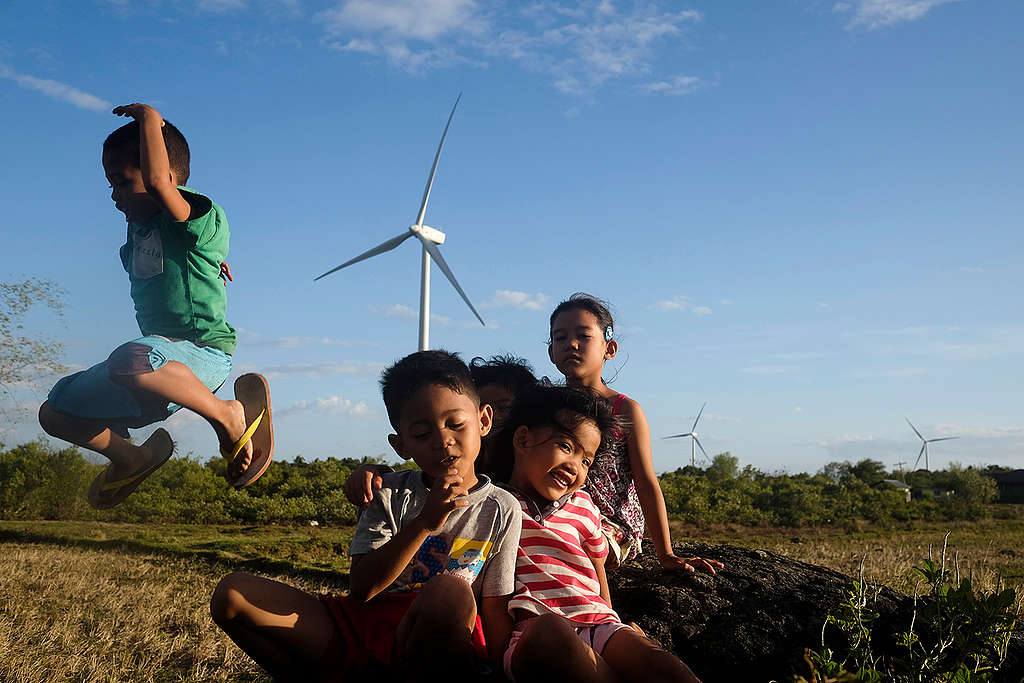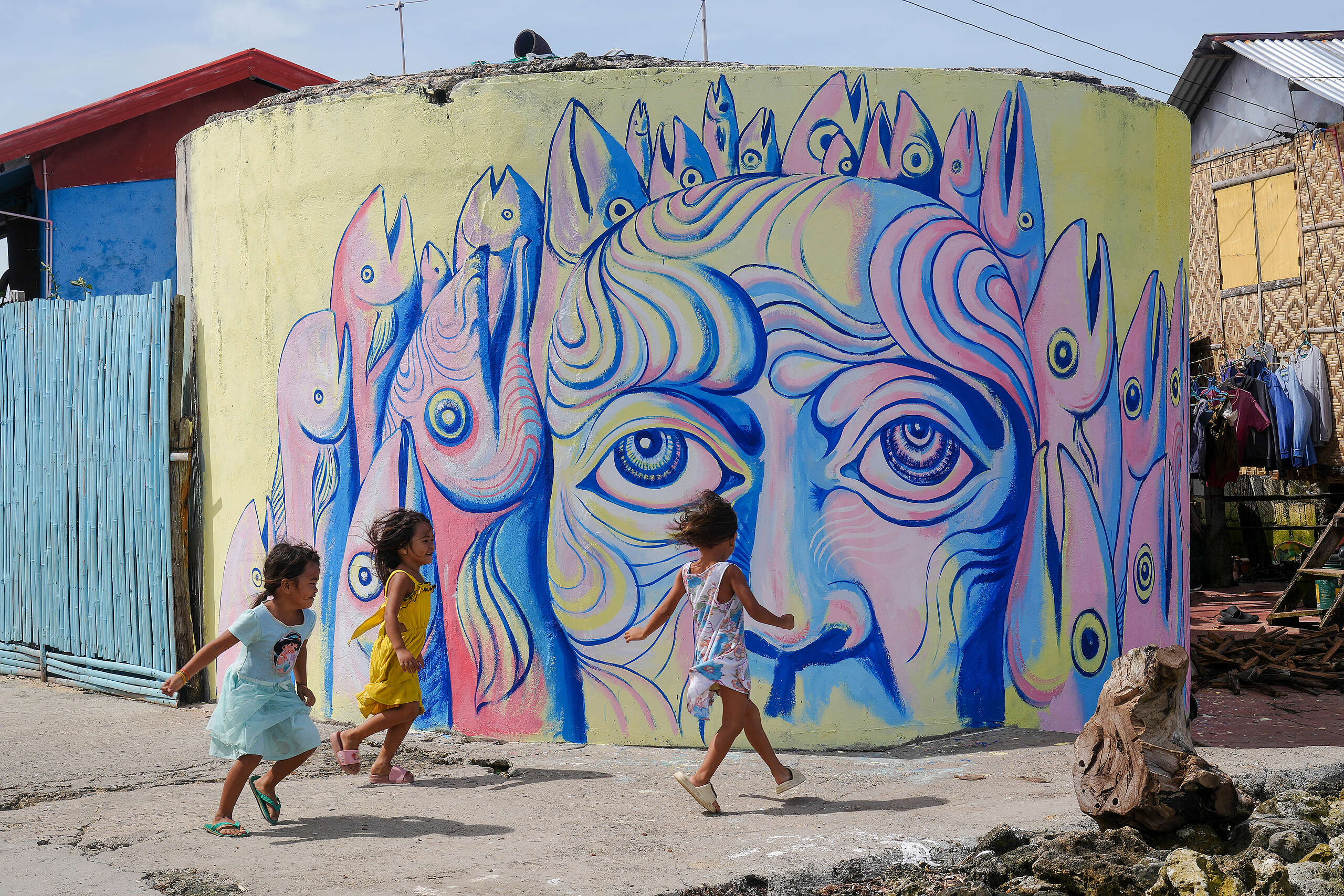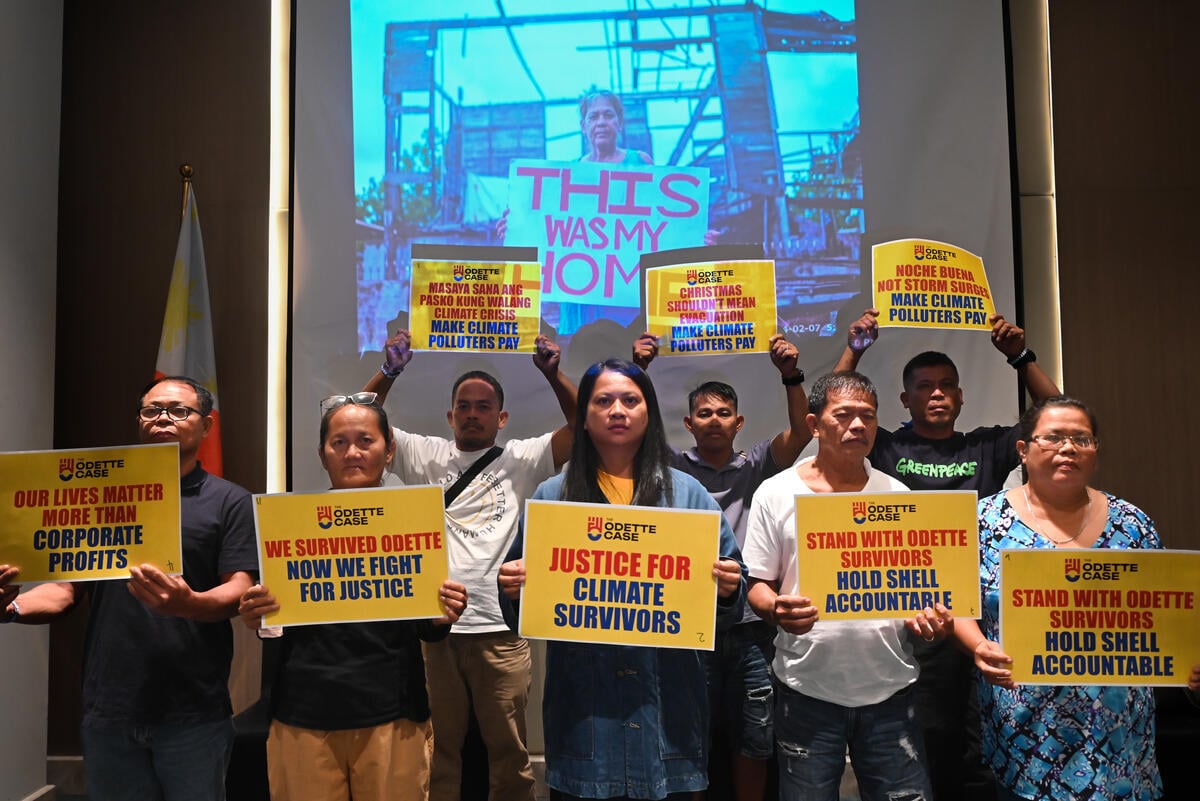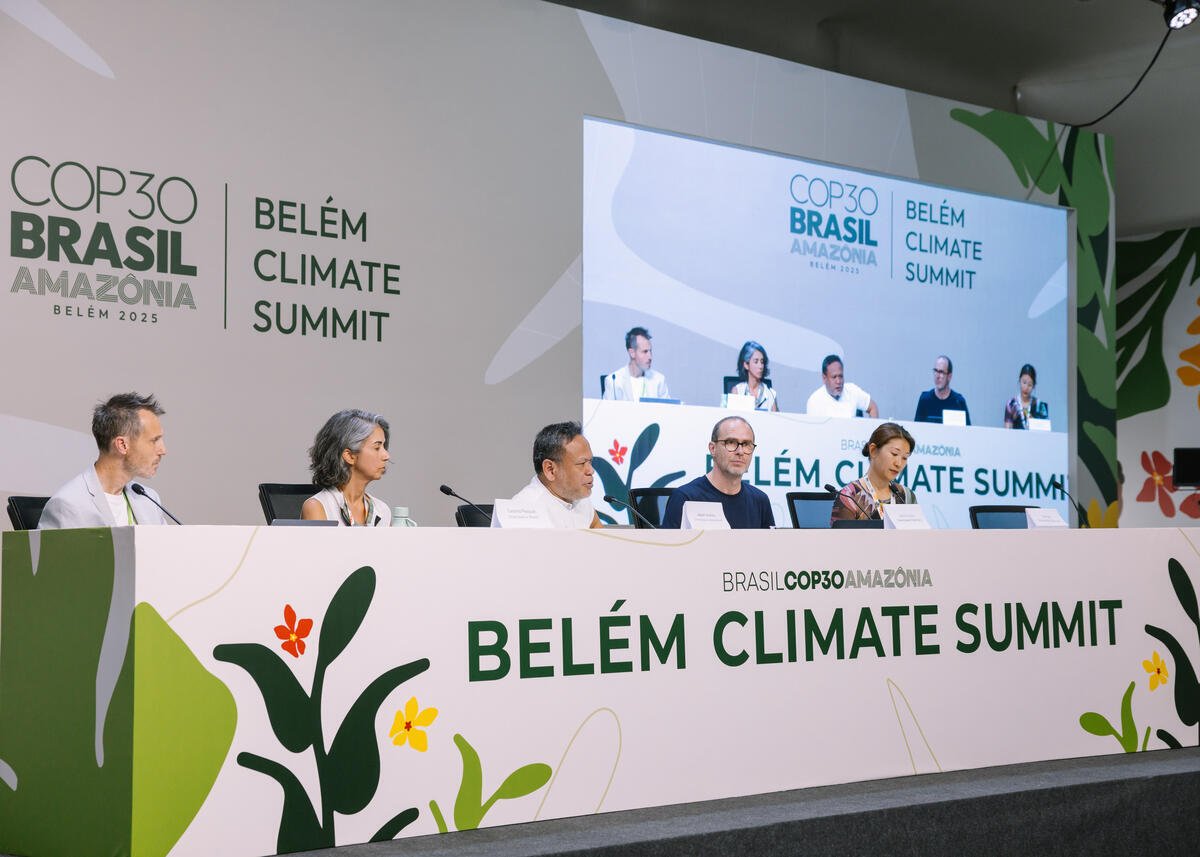DOE, PRRD stand on nuclear, oil and coal will lock us into an era of dirty energy
Quezon City – The Philippine government is playing Russian roulette with the lives of the Filipino people with its recent agreement with Russia to pursue nuclear energy, and its bid to seek partnership for offshore oil exploration, Greenpeace said today in a press conference in Quezon City. The group added that pursuing dangerous and dirty energy sources will compound the severe climate impacts already suffered by Filipinos with additional threats of nuclear accidents and oil rig blowouts.
Greenpeace is demanding that the Philippine government stop all plans to pursue nuclear energy, oil exploration, and coal expansion, and instead focus on maximizing the country’s abundant potential for clean, safe renewable energy.
“Nuclear, oil and coal are the worst energy decisions that the government can make, and these harmful energy sources should be junked and phased out rather than promoted to avert the climate crisis.” said Greenpeace campaigner Khevin Yu. “The stance of the Department of Energy and President Rodrigo Duterte on these could potentially lock the country into an era of dangerous and dirty energy. We urge the president to rethink his administration’s energy choices and ensure that he is true not only to his directive to promote the development of RE, but also to his mandate to serve the interests of the Filipino people.”
In his State of the Nation Address last June, President Duterte directed Energy Secretary Alfonso Cusi to “fast-track the development of renewable energy sources, and reduce dependence on traditional energy sources such as coal.” However, current developments show that the government is heading the opposite direction. President Duterte recently arrived from Russia with planned and potential partnerships with Rosatom and Rosneft, Russia’s state-controlled nuclear, and oil and gas companies, respectively. Following this visit, he graced the inauguration of a new coal plant in Quezon Province, referring to the facility as “clean” and calling for more such similar investments.
In a briefing paper, Greenpeace exposed the bad track records of Rosatom and Rosneft, revealing highly questionable safety records, problematic environmental impacts, vulnerability to corruption, and tremendous cost overruns. The paper also detailed the extreme risks from “floating nuclear power plants”[1]. The group further discussed the fallacy of “clean coal,” an industry myth meant to prolong the use of dirty coal even as developed countries are phasing out this outdated energy generation option[2].
The inherent dangers associated with nuclear energy, and the unsustainability of continued expansion of coal and oil and gas, is already poised to put the country at extreme risk of nuclear accidents and oil blow-outs, aside from worsening the climate crisis.
An industry report released last month[3] stated that the Philippines is projected to lead the growth of carbon emissions in Southeast Asia in the next decade due to the country’s dependence on coal. Latest 2018 energy data also shows that there are 27 new coal energy projects in the pipeline with a total generating capacity of 15,959 megawatts[4].
“These nuclear and oil and gas exploration plans, as well as the move to promote coal plants, are highly dubious considering the fact that the country has not yet maximized its capacity for renewable energy,” said Yu. “Dirty and dangerous energy has no place in the country’s sustainable energy scenario, particularly at a time when RE is already proven to be the cheapest, safest and most reliable form of electricity generation.”
“Greenpeace is calling on the Philippine government to walk the talk on RE, and to make smart energy decisions that benefit the Filipino people, instead of being fooled by the patent lies of the nuclear, oil and gas, and coal industries,” Yu added.
Notes to Editors:
[1]https://www.greenpeace.org/archive-hungary/PageFiles/636986/rosatom_risks.pdf
[2]https://endcoal.org/wp-content/uploads/2015/03/EndCoalCleanCoalFactsheet2015.WEB-1.pdf
[3]Bloomberg New Energy Finance Report, https://about.bnef.com/new-energy-outlook/#toc-download, also a report at https://www.doe.gov.ph/energist/philippines-seen-lead-southeast-asia-carbon-emissions-10-years
[4] DOE 2018 data
Media Contacts:
Khevin Yu, Campaigner, Greenpeace Southeast Asia – Philippines, +63 998 966 4807, [email protected]
JP Agcaoili, Communications Manager, Greenpeace Southeast Asia – Philippines, +63 949 889 1334, [email protected]

Renewable energy is the key to our country’s energy independence. But coal companies and politicians are holding us back.
TAKE ACTION



Discussion
Nuclear energy is clean and sustainable